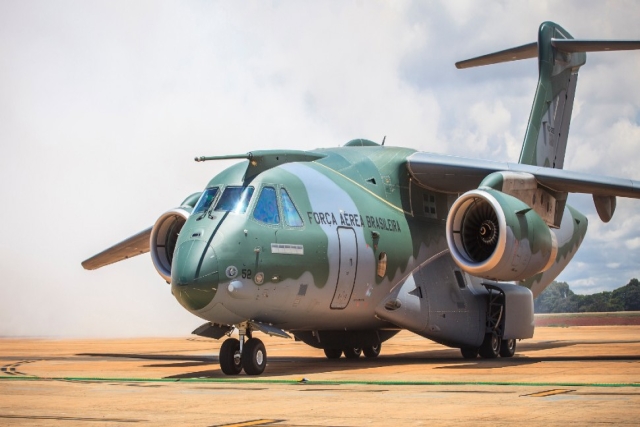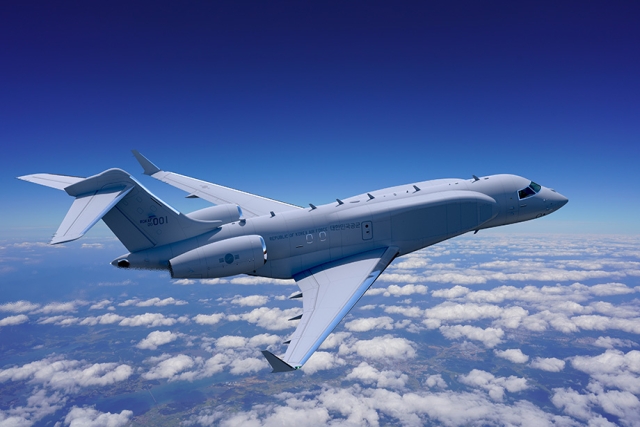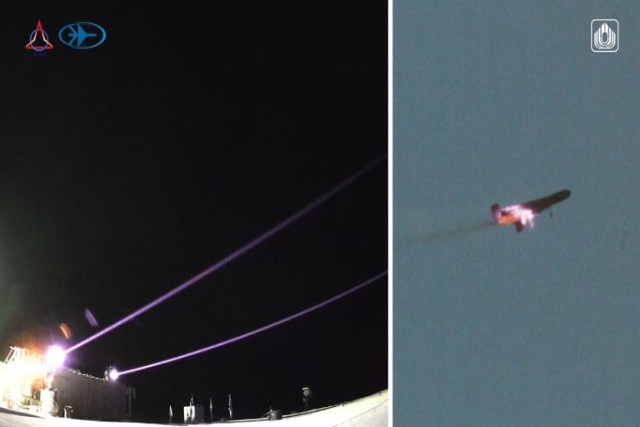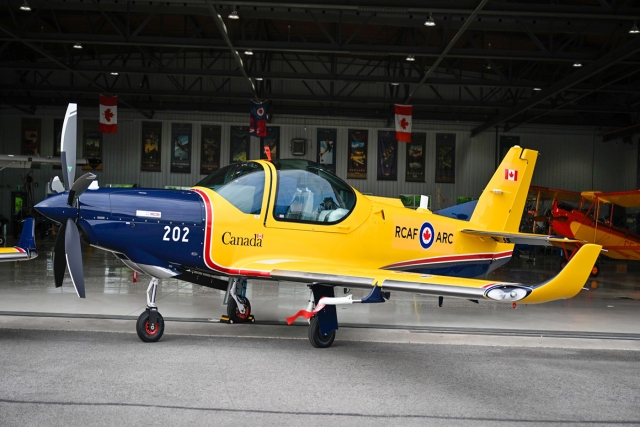F-16 Go Green, Use Bio-fuel
The F-16 Fight Falcon is currently undergoing a field service evaluation of biofuel
thanks to a joint effort from airmen from the Air Force Research Laboratory at
Wright-Patterson Air Force Base, Ohio, and Airmen from the Ohio Air National
Guard's 180th Fighter Wing. In 2011, the Defense Department $8 billion on fuel allowing Air Force officials
to work toward making the fleet a little "greener" by researching, testing and
ultimately implementing the use of alternative fuels. The C-17 Globemaster III aircraft have been certified to use biofuel for unrestricted
operations and two F-16s from the 180th FW fleet have been designated to test the
50/50 blend of Jet Propellant-8 petroleum and Hydroprocessed Renewable Jet fuel
derived from the camelina plant, a weed that grows throughout the United States
and requires very little horticulture. "It's part of the Air Force's strategic goals to be able to reduce energy across the
Air Force, so we really embrace that," said Col. Steve Nordhaus, the 180th FW
commander. "We're trying to do everything we can to reduce energy costs because
we know that every dollar we save there, we can use to buy more aircraft that
protect our country or help support Airmen who are out there doing critical missions
that affect our homeland defense." The jets have been flying with the blend since mid-December and will continue until
the test sample is depleted. By 2016, the Air Force hopes to have half of the fuel
that is purchased domestically to be at least a 50/50 blend of conventional and
alternative fuel.










